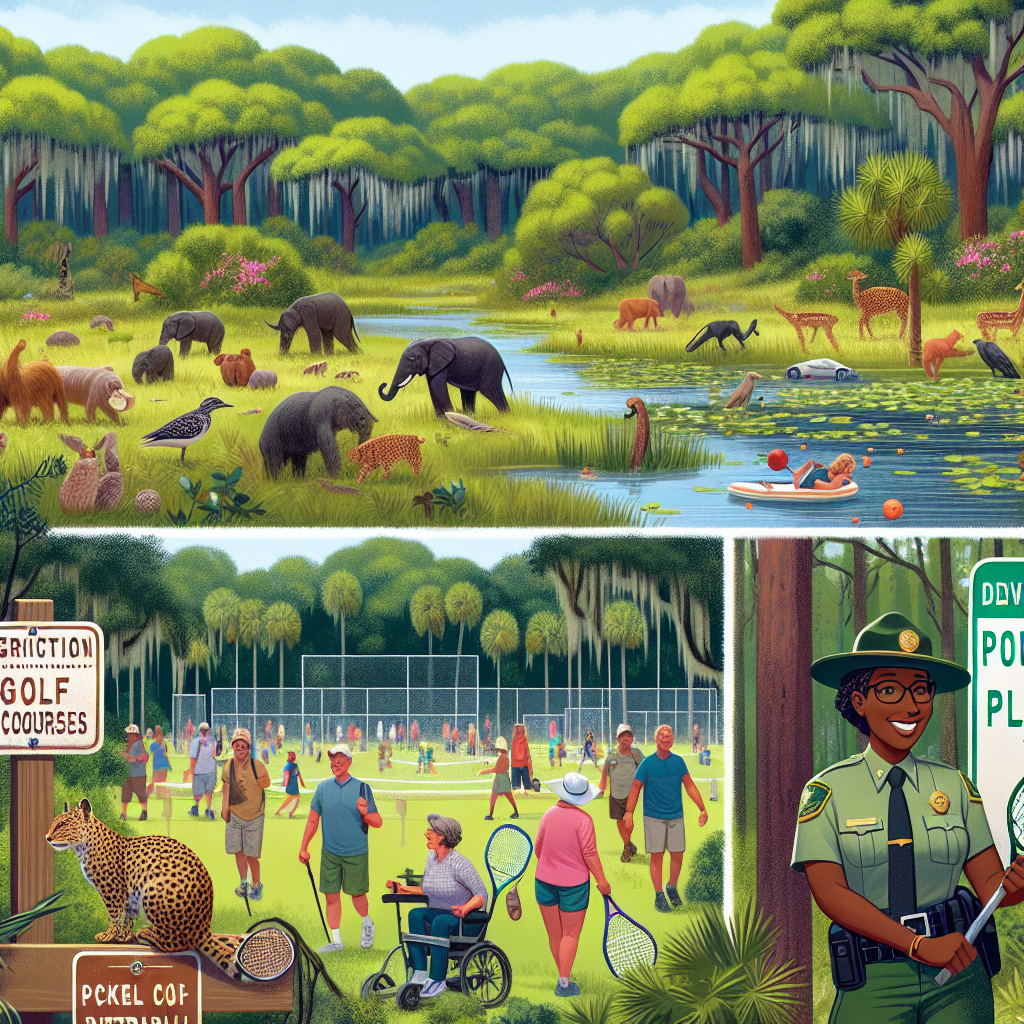Florida House Approves Bill to Restrict Development of Golf Courses and Pickleball Courts in State Parks
Florida House Approves Bill to Restrict Development in State Parks
Introduction
The Florida House has passed a significant bill aimed at curbing the development of golf courses and pickleball courts within state parks. This legislative move reflects growing concerns over environmental preservation and the sustainable use of public lands.
Key Provisions of the Bill
- Development Restrictions: The bill imposes strict limitations on the construction of new golf courses and pickleball courts in state parks.
- Environmental Protection: Emphasizes the need to protect natural habitats and maintain the ecological balance within these public spaces.
- Public Consultation: Requires public input and environmental impact assessments before any development projects can proceed.
Rationale Behind the Bill
The bill is driven by a desire to preserve Florida’s natural beauty and biodiversity. Lawmakers and environmental advocates argue that unchecked development could lead to habitat destruction and a loss of recreational space for traditional park activities.
Reactions and Implications
- Support from Environmentalists: Environmental groups have praised the bill, viewing it as a victory for conservation efforts.
- Concerns from Developers: Some developers and recreational businesses express concerns over potential economic impacts and reduced opportunities for sports enthusiasts.
- Future of State Parks: The bill sets a precedent for how state parks may be managed in the future, prioritizing ecological integrity over commercial interests.
Conclusion
The Florida House’s approval of this bill marks a pivotal step in balancing development with environmental stewardship. By restricting the construction of golf courses and pickleball courts in state parks, Florida aims to safeguard its natural resources while fostering public engagement in land-use decisions. This legislative action underscores the importance of sustainable development practices in preserving the state’s ecological heritage for future generations.

















